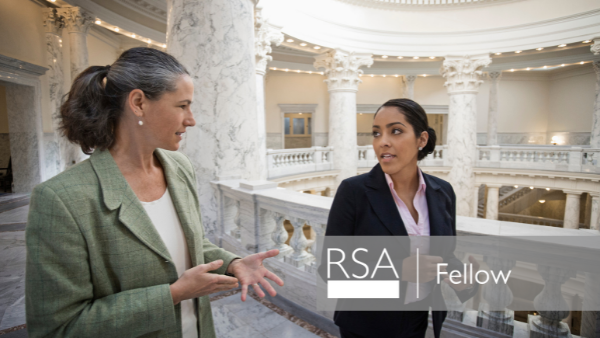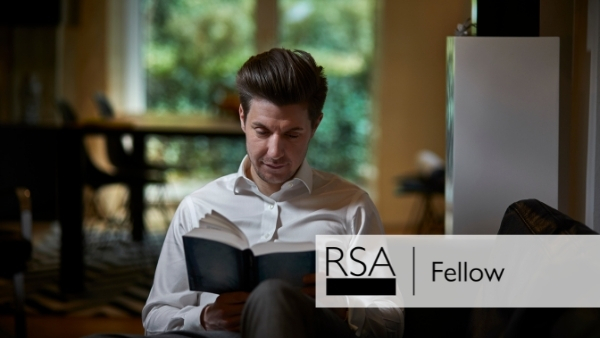From horror movies to hot curries, what makes us seek out and enjoy the thrill of the unpleasant?
When you add up the hours, the most common pleasure is not being with friends and family, playing games, participating in sport or having sex, even though people do enjoy all these things, or at least claim to when they fill out surveys. The most common pleasure is indulging in experiences that don’t really exist, as when we read novels, go to movies, play video games and daydream. They are pleasures of the imagination. This is how we spend most of our time: Netflix without the chill.
One popular theory of the appeal of the imagination is that it provides surrogates of enjoyable real-world experiences. If we like sex, we can enjoy fantasising about sex. If we aspire to a full life, with love, adventure and triumph, we can partially scratch the itch by putting ourselves into the shoes of others, real or imagined, who are fulfilling that life. We can do all this just by closing our eyes and creating new worlds, but often we immerse ourselves in worlds created by those who are more creative and skilled than we are, and this gets us to fictions ranging from the Avengers series to Shakespearean comedies.
But this story is incomplete. A while ago, I came across my elder son doing his physics homework while watching, on his laptop, an artsy French cannibal movie called Raw. I took one look and it ruined my afternoon. At least some of us want to be scared and saddened; we want to scream and retch and sob. How do we explain this?
One answer is that we get pleasure through contrast, by creating situations where the release from unpleasantness is its own source of delight. Think about slowly sinking into a painfully hot bath, and then gradually adapting to the temperature, experiencing the soothing contrast with the initial pain. Or the burn of hot curry balanced by cool beer. Or the pain of rigorous exercise and how good it feels when it is over.
Some of our fictional pleasures work in much the same way. Consider the typical structure of revenge flicks, nicely illustrated by the tagline from the remake of Death Wish: “They came for his family. Now he’s coming for them”. Bad-then-good is the contour of children’s stories such as The Little Engine That Could, where the initial struggles (“I think I can, I think I can”) make the engine’s victory at the end (“I thought I could! I thought I could!”) all the sweeter.
This is a feature of many stories. The American data scientist David Robinson analysed a database of 112,000 plots, from books, movies, video games, TV shows and so on. The most common pattern he observed was that stories begin on a high point and then gradually descend, becoming more and more negative until, just before the ending, they rise sharply in positivity. As Robinson puts it: “If we had to summarise the average story that humans tell, it would go something like ‘Things get worse and worse until at the last minute they get better.’”
Then there is the pleasure of play. Children, left to themselves, choose to play. They pretend to be aeroplanes or to have tea parties or make war, or they just grapple and race and knock one another down. Other creatures, like dogs and cats, also play, sometimes violently. And adults play as well (though we don’t usually call it this), in gyms and dojos and stadiums and arenas.
One popular theory is that play reflects an evolved motivation to practise. Fighting is the best example of this. Being good at fighting is useful and one way to get better at fighting is to get experience fighting. But getting into real fights is dangerous; you can get killed or seriously injured, or you can kill or injure another. Evolution has come up with an ingenious solution to this problem: we can play at fighting. We can find someone we like and trust and go through the moves of fighting and get better at it but with various constraints to reduce the risk of harm.
More generally, the more we do something, the better we get at it, so we are drawn to immerse ourselves, in a safe way, in challenging physical, social and emotional situations. Want to get better at flying a plane? You can use a real plane, but it is safer and smarter to log hundreds of hours on a flight simulator. Well, imagination is a flight simulator and you don’t always program a simulator for a smooth flight. You often use it to prepare for trouble.
And so it is no surprise that the fictions we are drawn to include elements that would be unpleasant, sometimes terrible, if we were really to experience them. The idea here is best summed up by the author Stephen King: “We make up horrors to help us cope with the real ones”; it is “the tough mind’s way of coping with terrible problems”. We are drawn to tragedy and horror, then, because they are creative representations of worst-case scenarios, such as being attacked by strangers, being betrayed by friends, or experiencing the deaths of those we love.
The Scottish Enlightenment philosopher David Hume described the appeal of aversive fictions as “an unaccountable pleasure”, and there is a lot left to be accounted for. This includes the question of why some love such fictions and others can’t bear them. But one thing is increasingly clear and that is that our appetite for horror and tragedy is no different in kind from that which drives us to eat spicy foods or run marathons. Pleasure, on the screen and in the world, bears an intimate relationship to pain.
Paul Bloom studies and writes about human nature, and is professor of psychology at the universities of Toronto and Yale. His book The Sweet Spot is published by The Bodley Head, an imprint of Vintage
Related articles
-
The art and science of creating ‘smart luck’ in an uncertain world
Comment
Christian Busch Leila Milgrim
What if being lucky wasn’t just chance but a skill you could master? Christian Busch, FRSA, and Leila Milgrim argue we can all learn to spot opportunities and act on serendipity to lead more joyful, purposeful and successful lives – and the pandemic could be the chance of our lifetimes
-
The NHS needs Atlas Hugged, not Atlas Shrugged
Comment
David Sloan Wilson FRSA
David Sloan Wilson FRSA explores the weaknesses and dangers of Ayn Rand’s brand of individualism and argues that it ignores the social nature of human beings.
-
Camus’s The Plague: a guidebook for Covid-19?
Comment
Robert Rickard FRSA
Robert Rickard FRSA argues that this classic French novel may be much less trendy now but offers unexpected insights into the current pandemic.




Be the first to write a comment
Comments
Please login to post a comment or reply
Don't have an account? Click here to register.